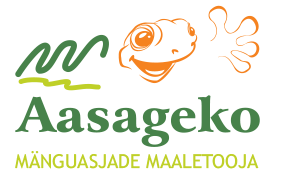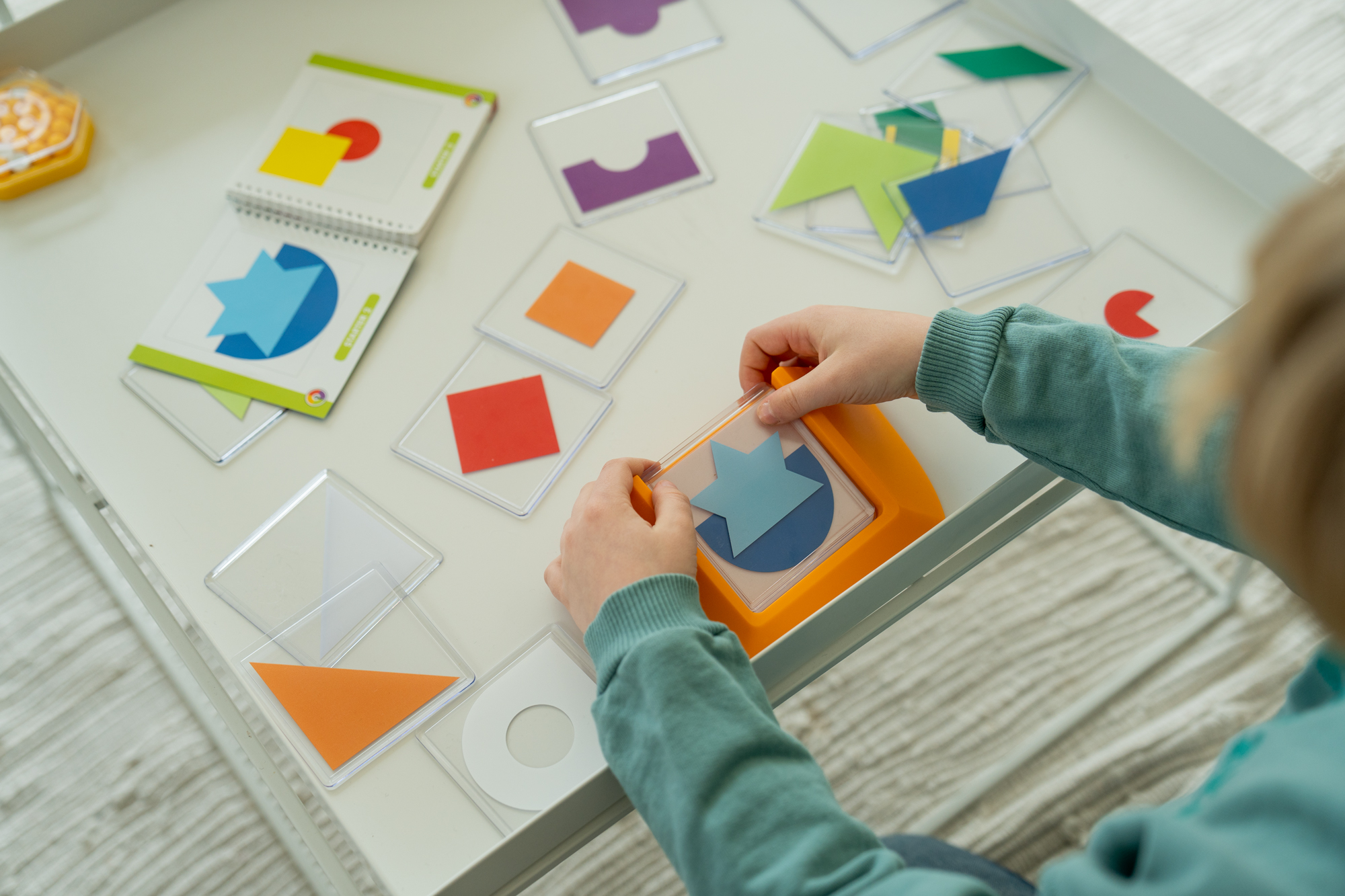Smart Games, Smart Recovery
How SmartGames improve the effectiveness of therapy, and also make it more fun
At the Inkeldaal rehabilitation centre, SmartGames are not only used for playing, but also for therapeutic purposes.
Therapy is all about progress. But how do you ensure that patients – from young toddlers to adults with neurological problems – remain motivated to practice? The answer: games. And not just any game, but smart, well-thought-out puzzle games like SmartGames.
These games provide much more than entertainment. They have become a powerful tool in rehabilitation and therapy, with a proven positive impact on cognitive, motor and social skills.
Why therapists choose SmartGames
Therapists and counsellors use SmartGames as a tool to stimulate various developmental goals. Thanks to their structure based on difficulty levels, strong visual support, and playful formats, they can be used for:
- Cognitive development
(such as planning, problem-solving thinking, concentration) - Visuo-spatial skills
(important in ASD [Autism Spectrum Disorder] and NCBI [Non-Congenital Brain Injury] among others) - Communication and language
(such as asking for help, working with others, eye contact) - Motor stimulation
(from fine movements to steps and coordination)
Every patient will find something that suits them, thanks to a wide range and themes that match different ages and interests.
Case 1 – N., toddler with ASD
Structure, independence and experience of success
“Puzzle solving is an excellent gateway to therapy.”
N. is a young toddler with autism. He loves building and solving puzzles. SmartGames like Day&Night and Bunny Boo offer him structure and challenge. He learns to work with others, use language and make eye contact in a playful way. The great thing? He can also play the games independently, giving him peace and self-confidence – even during stressful times such as study days or family parties
Case – 2 N., girl with math anxiety
Math without fear of failure, thanks to games
“Math became playful and relaxing.”
N., 11 years old, suffered from math anxiety and functional failure. Her tension disappeared through a combination of math exercises with SmartGames such as Colour Code and Roadblock. She learned in small steps, felt more successful and gained more control over her fear of failure. The games also stimulated her cognitive functions, such as planning and perseverance.
Case 3 – V., 4-year-old toddler
Learning to work and play independently
“He learns to complete an assignment independently.”
V. has ASD and learns mainly through individual sessions. In his work corner, he uses SmartGames to perform work independently. The games give him visual support, stimulate his talents and paves the way for free play time. Thus, he not only learns skills, but also enjoys meaningful free time.
SmartGames for adults: a success in Inkendaal as well
SmartGames are used in the Inkendaal rehabilitation centre for adults with CVA (Cerebrovascular Accident), NCBI (Non-Congenital Brain Injury) or movement disorders, among other things. They are used for:
- Cognitive training (focus, problem-solving thinking)
- Leisure activities from a seated position
- Motor therapy with a memory component
(by placing assignments at a distance)
“There is even competition: who can solve most assignments in 30 minutes?”
The motivation is high – as is the fun. Some patients even purchase their favourite game to play at home after discharge.
Games with impact
SmartGames offer a unique combination of playfulness and effectiveness. They create successful experiences, increase motivation and make therapy more accessible and fun. Children, young people and adults – all find their challenge and fun in it.
Smart playing means smart recovery.
Author: SmartGames


Leave a Reply